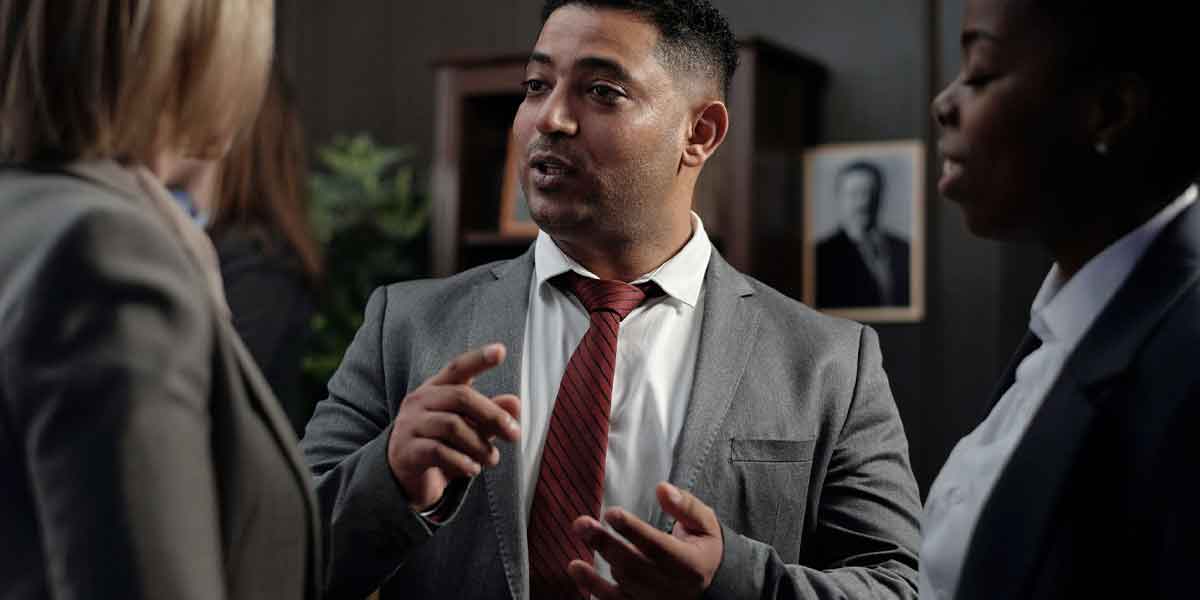Have you ever considered what happens to a deceased family member’s debts when they pass away suddenly? Many individuals mistakenly believe that they will be personally responsible for paying off the debts left behind by their loved ones. Unfortunately, this misconception often leads to confusion and stress during the probate process.
Throughout their lives, individuals accumulate various debts, such as education loans, mortgages, and credit facilities. It is inevitable for most people to have financial obligations unless they are exceptionally wealthy.
Understanding Probate
Before delving into the implications of a deceased individual’s debts, it is essential to grasp the concept of the probate process. Probate is a legal procedure in which the appointed executor presents the deceased person’s estate to the court. The executor then utilizes the estate assets to settle the deceased’s liabilities before distributing the remaining estate to the beneficiaries. With a clear understanding of probate, we can now explore the issue of debts.
Dealing with Deceased Debts in Probate
The good news is that you are not personally liable for someone else’s debts unless you are a co-owner of the debt. In most cases, the deceased individual’s estate is responsible for settling all outstanding debts. The appointed executor is tasked with managing the estate and using its funds to pay off creditors. It is important to note that the executor does not use their personal funds to settle the debts; they are required to use the estate’s assets exclusively.
In situations where the deceased’s debts exceed their assets, the executor may need to allocate the entire estate or a significant portion of it to repay the creditors. If the estate lacks sufficient funds to cover the debts, the creditors may have to consider the debts as unrecoverable. Additionally, assets held in trusts are typically protected from being used to settle debts during the probate process.
Validating Creditor Claims in Probate
Upon the individual’s passing, it is customary to publish a notice in the newspaper to alert creditors to submit their claims. Some creditors extend loans without collateral, such as credit card companies offering unsecured loans. Credit card companies often seek claims on the deceased’s estate during probate proceedings. The executor must discern between valid and invalid claims, ensuring that only debts backed by assets are paid off. If there is uncertainty regarding creditor claims, seeking guidance from a probate lawyer is advisable.
Settling Debts Post-Death
Once all valid claims have been identified, the next step is to settle the debts. It is advisable to determine if any debts are covered by insurance policies before utilizing the estate funds. If insurance coverage is available, those funds can be used to repay the debts. In the absence of insurance, the estate assets are the primary source for debt repayment. Executors should prioritize paying off secured debts first and seek legal counsel if unfamiliar with the process.
Conclusion
Probate cases are often complex and challenging to navigate, especially when dealing with debts. Seeking assistance from a probate lawyer can help in identifying valid claims and avoiding potential pitfalls during the probate process. With expert guidance, the probate proceedings can proceed smoothly and efficiently, minimizing complications and ensuring a successful resolution.




